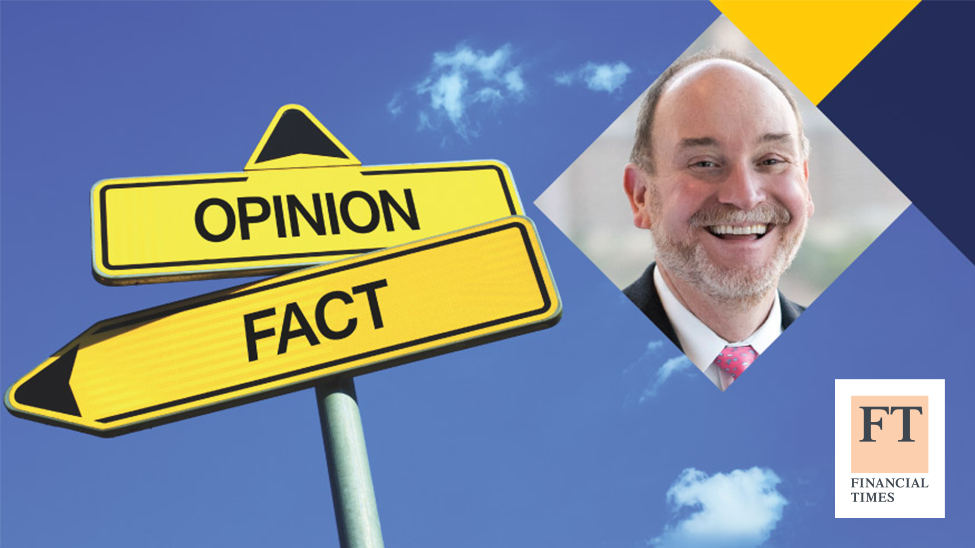‘Modern-Day Redlining’: Research Investigates Wall Street-Backed Rental Market
Washington University in St. LouisCorporate investors “buy low and rent high” to populations who can least afford it. A two-year national study, led by Carol Camp Yeakey at Washington University in St. Louis, will examine the impact that corporate investors have on renters, especially marginalized communities of color, in St. Louis, Cincinnati and Atlanta.





20231127105913.jpg&width=400&height=400)














